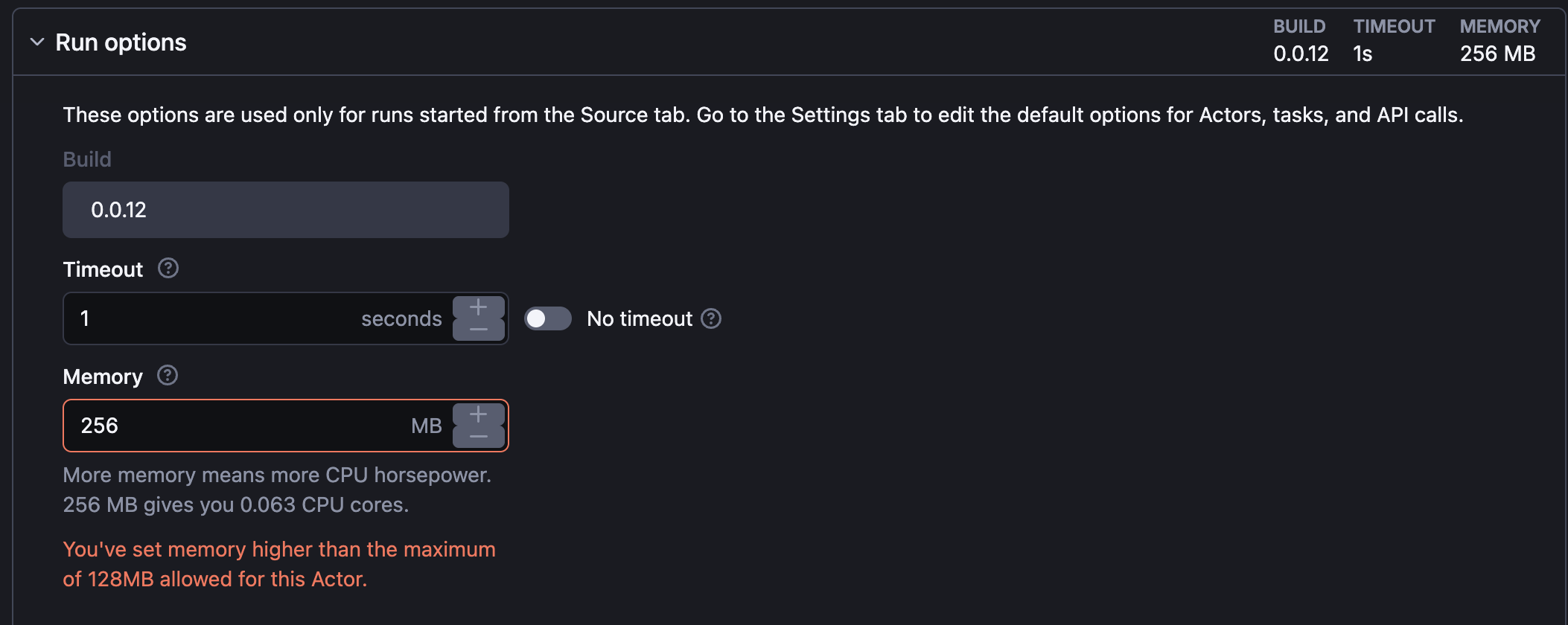@Lukas Krivka Sorry for tagging you, but

**Update to Store Publishing Terms and Acceptable Use Policy** Due to an influx of fraudulent reviews recently, Apify's Legal team has taken some actions to protect developers, customers, and Apify, by updating the Store Publishing Terms and Acceptable Use Policy. Please pay special attention to the updated terms in section 4 of the Store Publishing Terms here: https://docs.apify.com/legal/store-publishing-terms-and-conditions Additionally, please review the changes to section 2 of the Acceptable Use Policy here: https://docs.apify.com/legal/acceptable-use-policy If you have any questions, please ask them in <#1206131794261315594> so everyone can see the discussion. Thanks!
ellativity · 2w ago
Hi @everyone I'm hanging out with the Creator team at Apify in https://discord.com/channels/801163717915574323/1430491198145167371 if you want to discuss Analytics and Insights!
ellativity · 3w ago
2 things for <@&1092713625141137429> members today: 1. The Apify developer rewards program is open for registrations: https://apify.notion.site/developer-rewards This is the program where you will earn points for marketing activities. The rewards are still TBC, but the real purpose of the program is to help you structure your marketing activities and efforts. In the coming weeks, I will be populating that link with guides to help you identify the best ways to market your Actors, as well as scheduling workshops and office hours to help you create content and develop your own marketing strategy. 2. At 2PM CET (in about 80 minutes) there will be an office hour with the team behind Insights and Analytics, who want your feedback on how to improve analytics for you. Join us in https://discord.com/channels/801163717915574323/1430491198145167371 to share your ideas!
ellativity · 3w ago